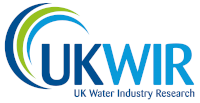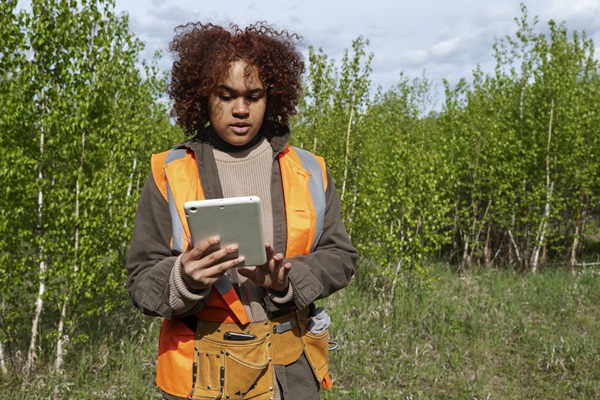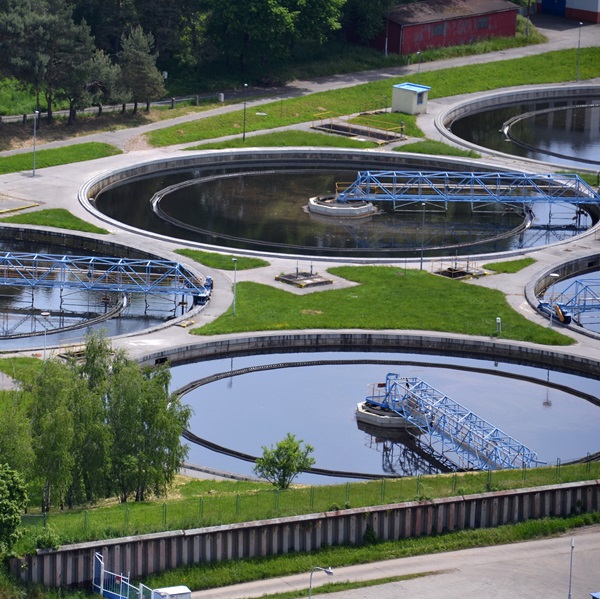Sustainability
The environment is at the heart of what we do
The devastating impact of climate change is already being experienced across the world. Temperatures are on the rise and rainfall patterns are changing, and sea levels are rising. UKWIR takes our sustainability responsibilities very seriously both as a company and in the research projects we carry out. We continue to deliver research which aims to understand the impacts on water industry operations and find solutions to the environmental and social challenges emerging as a result of our changing climate.
How our research supports sustainability
Many of our research themes are directly designed to support environmental sustainability in the water sector. These include the following:
Protecting and enhancing natural systems
UKWIR will enable research which protects and enhances the natural environment and its ecosystems. Supporting the safe and sustainable removal and treatment of wastewater.
Achieving net zero carbon
UKWIR will enable research which limits carbon emissions, to help the water sector play its part in keeping the global temperature rise under 1.5°C.
Whole life approach to responsible consumption
UKWIR will enable research which maximises recovery of useful resources and minimises waste, using the principles of a circular economy.


